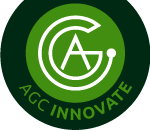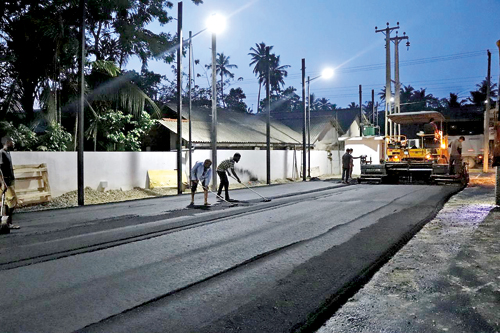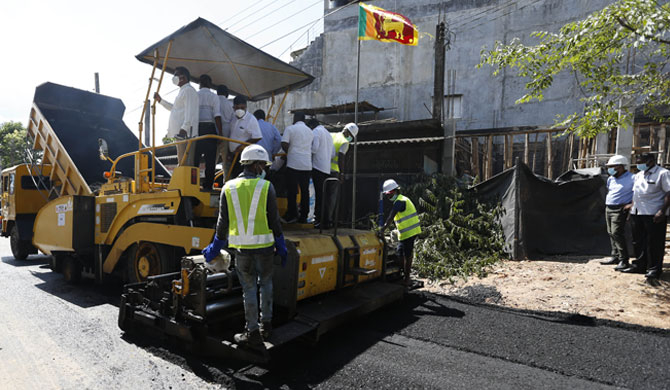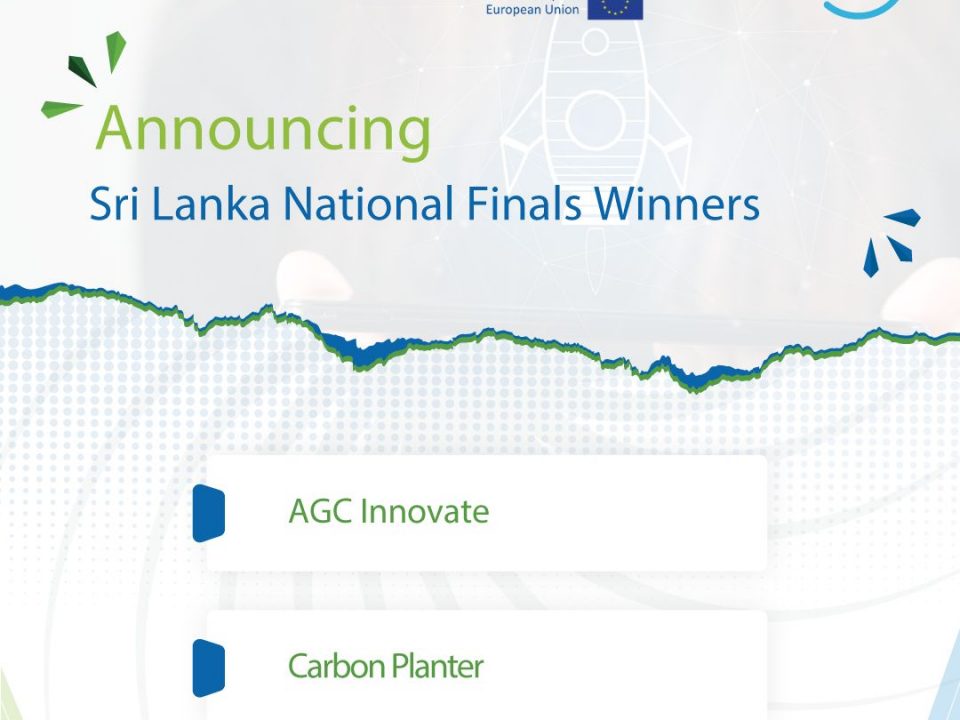Cargills initiates pioneering Plastic Modified Asphalt Concrete Car Park

Commencement and Introduction of an Innovative Sustainable Technology of Utilising Waste Plastic as a Value Added Product for Roads
November 1, 2021
MoU signed to construct roads with plastic mixed asphalt
November 1, 2021Cargills has partnered with AGC Innovate Pvt Ltd to launch “Paving with Plastic” as a means to address Sri Lanka’s plastic waste menace in an ecofriendly and pragmatic approach.
As a first step to tackling this waste plastic problem, Cargills made a landmark decision to pave the Cargills Food City Carparks using Plastic Modified Asphalt Concrete (PMAC), partnering with AGC Innovate, Cargills said in a media release.
A sustainable solution, PMAC harnesses green technology by enhancing conventional asphalt on the polymer level with the use of waste plastic. Furthermore, extensive research has shown that PMAC also improves road strength parameters and durability, when compared against traditional blacktop asphalt concrete. Beginning from waste collection to the laying of the PMAC, this process is a technical achievement and a promising response to plastic pollution in Sri Lanka.
“The benefits of plastic are irrefutable – this versatile material is ubiquitous in our everyday lives, due to it being cheap and convenient to produce as well as being highly durable and user friendly. However, once used and disposed, plastic lingers in the environment for too long and does not decompose,” the release said.
As a result, the inherent problem of plastic pollution is a global crisis, with Sri Lanka generating approximately 7000 metric tons of mismanaged solid waste daily, with 6 per cent accounting for plastic and polythene waste. Therefore, in the absence of a proper waste management system, non-recyclable plastic is dumped in large landfill sites. These sites are now exceeding their maximum capacity, and has led to pressing environmental and social concerns in the country.
The carpark attached to the Matara Walgama Food City outlet, was the launchpad of the “Paving with Plastic” initiative, with the final PMAC laying process being completed on April 1 with approximately 200,000 waste plastic bags being used.





